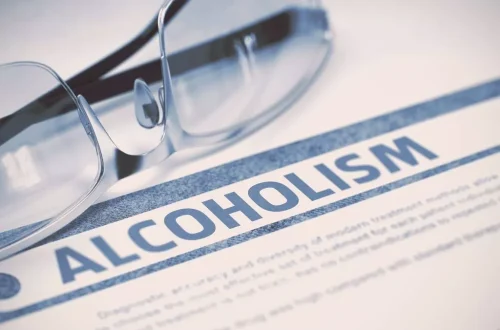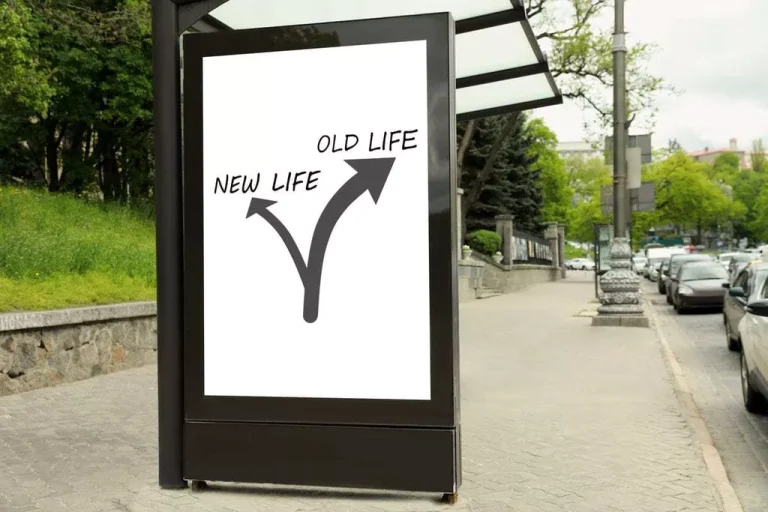
However, it’s important to make sure you’re getting the support you need as well. Lean on the people around you, and, if you need to, reach out to a mental health professional to speak about your stress and what you’re going through. For many, returning to daily life after treatment means returning home to family, which is why family can be the strongest social support system. However, relationships within the family may have been impacted by substance misuse and therefore, require mending. As explained and elaborated on by the National Institute on Alcohol Abuse and Alcoholism, relapse prevention is the main goal of all addiction treatment. Treatment provides you with the tools to change your thoughts, emotions, and behaviors around substance use.
What is considered 1 drink?
However, there are steps you can take to make the next morning easier or to avoid getting drunk in the first place. BetterHelp can connect you to an addiction and mental health counselor. Alcohol use disorder can include periods of being drunk (alcohol intoxication) and symptoms of withdrawal. Getting support doesn’t have to mean going to rehab, although that is an option. Support can also look like joining in-person and online support groups.
Additional Resources on Sobriety

The more tools you have for identifying triggers, coping with stress, and managing your new sober life, the easier you’ll prevent relapse. If you are seeking drug and alcohol related addiction rehab for yourself or a loved one, the SoberNation.com hotline is a confidential and convenient solution. It’s often difficult for people to say “no” during early recovery, or to feel like they’re not doing enough to maintain sober alcoholic their recovery despite a packed schedule. People suffering from Alcohol Use Disorder do not change their behavior even if they’re fired, wind up in the hospital, or suddenly become a parent. They do not see a problem with their drinking, so they continue to pursue it. “They have been driven by heavy drinking patterns established during the pandemic which unfortunately show no real sign of improving,” she said.

Risk factors
With help from a healthcare professional, you can start looking for a treatment program that meets all of your unique needs. This guide includes the steps required to fully support the path and the journey to addiction recovery. Your BAC will remain high until your liver has time to process the alcohol and get it out of your blood.
- It doesn’t have to mean lifting weights in the gym or running a 5K – even taking a long walk around the neighborhood can be beneficial for your overall health and mental wellbeing.
- Alcohol use disorder includes a level of drinking that’s sometimes called alcoholism.
- Try to spend more time with people who you trust to respect your decision to reduce or eliminate drinking alcohol, rather than those who will judge or pressure you.
Maybe your work life has suffered, and your boss is tired of you calling in sick or coming in late. Perhaps your school performance has declined and you’re in danger of failing or you’ve been missing so many classes because you’ve been hungover that you can’t catch up. Keep in mind that self-help strategies are helpful tools, but you may need additional help to remain sober long-term. Shame is having negative beliefs about yourself and your self-worth. People in recovery can experience a lot of shame simply for having become addicted in the first place.
Control your environment
- I felt the pangs of sobriety fatigue for months after sobering up myself, and several friends shared they had similar experiences in the early periods of sobriety.
- The more tools you have for identifying triggers, coping with stress, and managing your new sober life, the easier you’ll prevent relapse.
- If you are invited to a bar or restaurant for a social gathering and want to take this approach to being sober curious, try to only attend events at places where alcohol isn’t the main focus.
- Drinking alcohol can create problems in every area of life, including your physical health, mental health, social life, work-life, and overall wellbeing.
- Genetic, psychological, social and environmental factors can impact how drinking alcohol affects your body and behavior.
- Setbacks don’t erase progress, though, and they don’t mean you’ve “failed” to stay sober.
This article discusses the meaning of sobriety and arms you with information and strategies to smooth—and stay on—your path to wellness. The university began offering alcohol to general-seating sections for the first https://ecosoberhouse.com/ time this year, starting with the season opener against Western Michigan. UW has since hosted games against South Dakota and Alabama, the high-profile nonconference game Saturday that ended in Wisconsin’s defeat.
How common is relapse?

First and foremost, find a treatment program that has a positive track record in terms of patients completing treatment and maintaining sobriety. This is most likely to occur in programs that provide services and therapies based on research. Evidence-based addiction treatment uses the current and best research-based evidence to make informed decisions about your rehab care. Getting sober is when someone stops using an intoxicating substance. It can include a medically supervised detox, various forms of treatment including therapy and 12-step programs, and calling upon family, friends, and professionals for additional support.

During these breaks, people often share their experiences of going alcohol-free through social media platforms, like Instagram and Facebook. Researchers call these alcohol-free intervals “temporary alcohol abstinence challenges,” or TAACs. Research from international contexts, primarily in the United Kingdom and Australia, has found that TAAC participants may be motivated by concerns about the effects of alcohol on their health. Many of these TAAC participants report benefits, such as positive effects on sleep, weight, and self-rated health, and reduced levels of alcohol consumption following a TAAC. Being sober curious, or SC, focuses on a more mindful approach to alcohol consumption.
- Feeling guilty or ashamed of past behavior or actions during active addiction is natural and healthy.
- For example, if you value being an effective and helpful employee at work, how does alcohol get in the way of that?
- Just as no one treatment plan fits all people, no one treatment plan may be suitable for the entire time you are in a formal treatment program.
- It’s common for someone with AUD to try to blame their drinking on circumstances or others around them, including those who are closest to them.
- You may begin to feel the effects of alcohol within 10 minutes of drinking.
- For many, returning to daily life after treatment means returning home to family, which is why family can be the strongest social support system.
Deciding to quit isn’t easy, but it’s a brave and commendable first step toward becoming sober. You may not be completely ready to stop drinking or know exactly how to get sober from alcohol, but even just having the thought that you want to stop and need help is a good place to start. If these emotions become excessive, they can hold you back from recovery.
